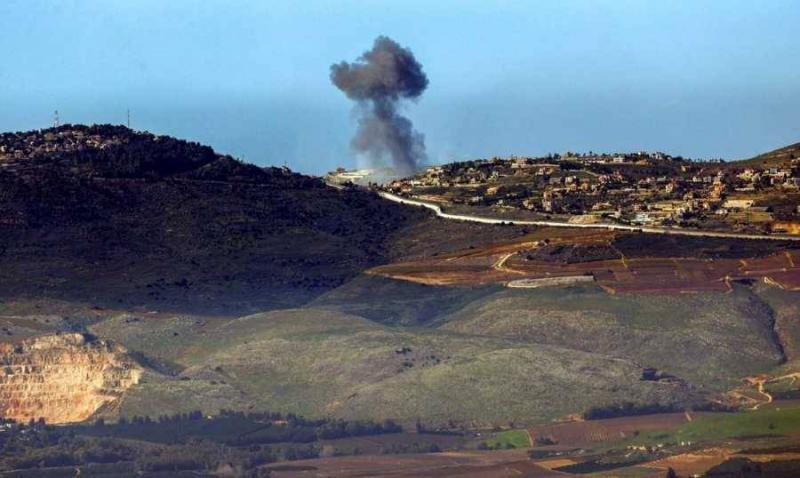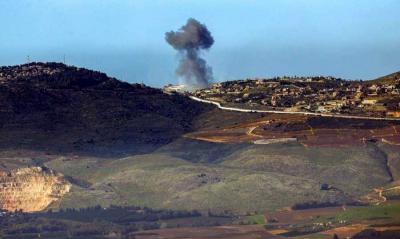The chances of reaching a deal leading to a ceasefire in the Gaza Strip have diminished, despite ongoing communication among mediators. The language of escalation prevails over that of de-escalation, particularly with Israeli Prime Minister Benjamin Netanyahu's insistence on continuing the war and strengthening his military posture alongside a forthcoming visit to the United States to address Congress, as reported by the Kuwaiti newspaper "Al-Jarida."
According to diplomatic data, Netanyahu is seeking increased U.S. political and military support for the continuation of the war and will attempt to garner cover for expanding military operations against Lebanese Hezbollah. This does not necessarily mean launching a widespread war, but rather escalating strikes, changing their nature, or possibly increasing targeted assassination operations.
In light of these developments, Russian Foreign Minister Sergei Lavrov expressed concerns about the potential escalation of military operations between Israel and Hezbollah, which could threaten to ignite a wider conflict. Following messages conveyed by various Western entities to Hezbollah regarding the likelihood of Israeli escalation against the group in Lebanon, there have been attempts to relay messages through Eastern channels either directly or indirectly.
In this context, monitoring sources indicate that Russia is worried about the possibility of military developments leading Israeli forces to undertake more security or military operations, or assassinations against Hezbollah personnel, or even transitioning to different targeting methods. Many warn that Netanyahu is attempting to provoke Hezbollah into a broader confrontation. Some of these messages have been communicated to Hezbollah, which is taking the necessary precautions. In this framework, Hezbollah Secretary-General Hassan Nasrallah's statements regarding preparedness to target new settlements come into play.
Amid ongoing escalations with Hezbollah, Israel assassinated Islamic Jihad leader Mohammed Hamid Jabari yesterday, using a missile fired from a drone while he was in a pickup truck in the Gaza region of Beqaa. While Netanyahu conducted a surprise visit to the city of Rafah, which is considered the last stronghold of Hamas's al-Qassam Brigades, an Israeli soldier died from injuries sustained in an anti-tank missile attack launched by Hezbollah in the Syrian Golan.
Everyone is now waiting to see what results from Netanyahu's visit to America and whether he will announce the third phase of the war, which involves maintaining the military presence in Gaza while withdrawing from some areas, in addition to transitioning to targeted strikes and intermittent assassination operations to remain in a state of conflict.
In this context, sources close to Hezbollah indicate that coordination with Hamas is ongoing and constant. They add that discussions took place recently between the two sides regarding the strategies to be followed if Netanyahu announces the transition to the third phase. Hezbollah has informed Hamas that it will continue its operations in rhythm with the events of the war, and the more the operations escalate, the more military pressure will increase on Israel. Furthermore, Nasrallah publicly emphasized that the support front remains active.
Another aspect of the consultations between the party and the movement concluded that all U.S. pressures on Netanyahu are ineffective due to the administration's weakness, and Netanyahu treats Biden as a hostage. This equation is further reinforced by the election circumstances in the United States, as internal Israeli pressures do not yield any results, with Netanyahu still being the strongest figure capable of making decisions, despite Defense Minister Yoav Galant, the military, and the opposition advocating for a deal, according to "Al-Jarida."




